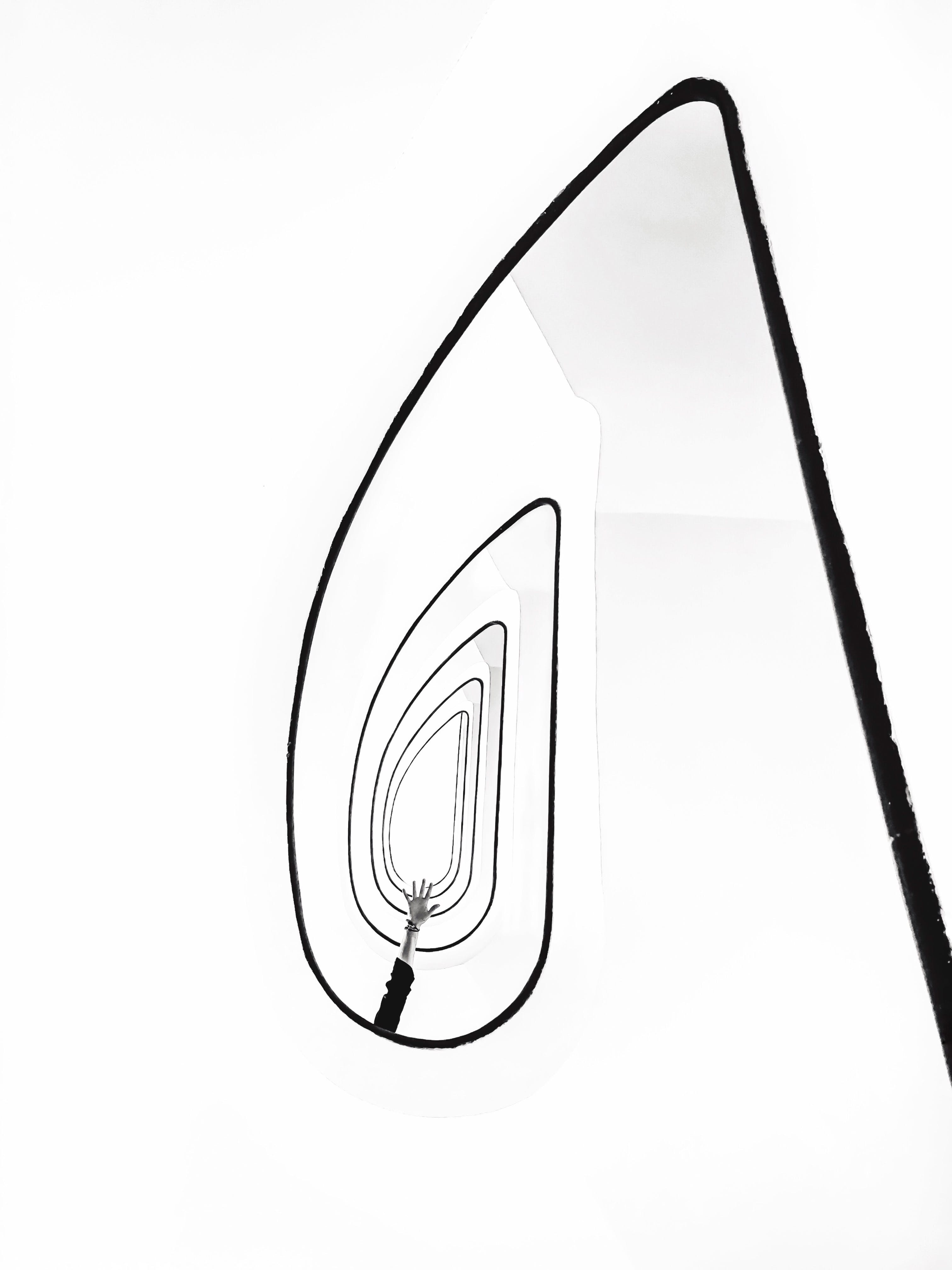

Exploring the Creative Process
Nircle FilmMaker & Photographers@nirclefilmmaker
2 years ago
Creativity is a multifaceted and dynamic process that plays a pivotal role in various aspects of human endeavor, from art and literature to problem-solving and innovation. The creative process is often a mysterious journey, marked by stages that individuals navigate to generate original ideas, find solutions, and produce unique works. In this article, we delve into the intricacies of the creative process, unraveling the stages that lead from inspiration to innovation.
Preparation: Laying the Groundwork for Creativity
The creative journey begins with preparation. This stage involves the accumulation of knowledge, information, and resources relevant to the creative endeavor. Individuals identify the goals and constraints of their project, conducting research and exploring concepts or themes that may serve as a foundation for their creative expression.
Incubation: Allowing Ideas to Simmer
Following the preparation phase, the mind enters a state of incubation. This is a period of apparent inactivity where the subconscious mind processes information in the background. Taking a break from active thinking and engaging in activities unrelated to the project can pave the way for creative insights. During this incubation, ideas percolate, and connections form beneath the surface.
Illumination or Insight: The Breakthrough Moment
The illumination stage is marked by a sudden realization or insight. Often referred to as the "aha" moment, this is when the subconscious processing culminates in a breakthrough. Ideas that were incubating in the mind come to the forefront, providing a fresh perspective or solution. The illumination stage is characterized by the joy of discovery and the excitement of uncovering a novel concept.
Evaluation: Assessing Ideas for Viability
With newfound ideas in hand, the creative individual moves on to the evaluation stage. Here, the focus is on assessing the feasibility, relevance, and effectiveness of the concepts generated during the illumination phase. This critical analysis helps in identifying the most promising ideas and discarding those that may not align with the creative goals.
Elaboration: Turning Concepts into Concrete Forms
The selected idea undergoes elaboration in this stage. It involves expanding and developing the concept into a more detailed and concrete form. Additional information and details are fleshed out to give the idea substance. This stage transforms abstract thoughts into tangible and communicable expressions of creativity.
Verification: Testing and Refining
The verification stage is crucial for ensuring the practicality and effectiveness of the developed concept. Creative individuals seek feedback from peers, conduct experiments, or create prototypes to validate their ideas. Adjustments are made based on real-world testing and constructive criticism, refining the concept further.
Implementation: Bringing Creativity to Life
The final stage of the creative process is implementation. This is where the selected and refined concept is brought to fruition. Whether it's a piece of art, a solution to a problem, or a tangible invention, the creative idea is executed, turning imagination into reality. Collaboration with others may be essential during this stage to harness diverse perspectives and skills.
Conclusion
The creative process is a dynamic and iterative journey that individuals embark on to transform inspiration into innovation. While the stages provide a framework, creativity is a fluid and subjective experience, varying from person to person. Embracing the ebb and flow of the creative process allows for flexibility and openness to new methods and inspirations. As we navigate the realms of preparation, incubation, illumination, evaluation, elaboration, verification, and implementation, we unlock the full potential of our creativity, pushing boundaries and contributing to the rich tapestry of human expression and ingenuity.
